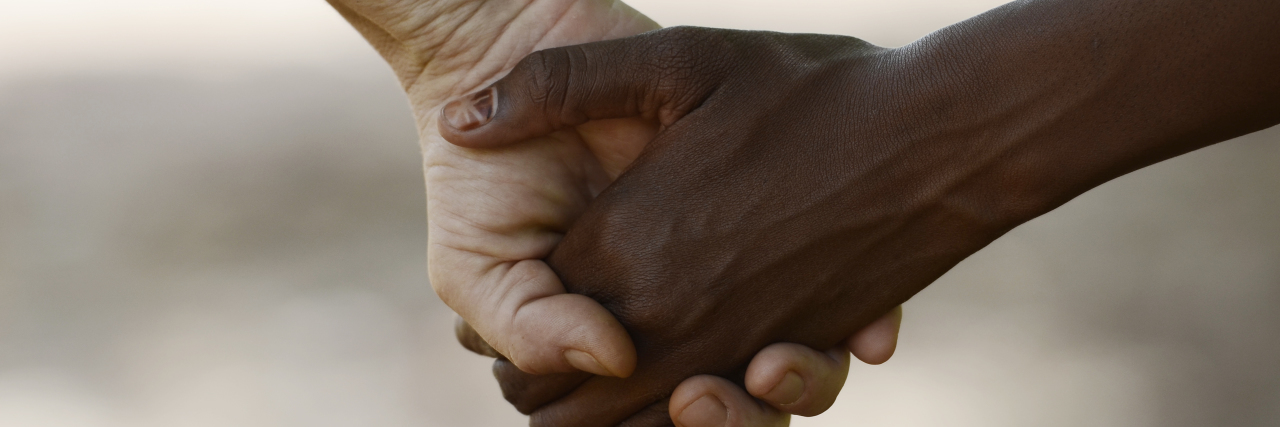The Importance of Sex Education for People With Developmental Disabilities
As children with autism and other disabilities get older, they are often developmentally behind their peers. This delay in development can make it difficult for caretakers and teachers to know when (if ever) it is appropriate to talk about sexuality with kids and teens on the spectrum. Unfortunately, the common path has been for parents to ignore the subject and assume their child or teen does not have awareness or the need to discuss their bodies and sexuality.
While this may be common practice, professionals point out that avoiding the sex talk can leave autistic and intellectually disabled individuals even more vulnerable to potential abuse. Stephanie Mitelman, M.A., Certified Sexuality Educator argues that sex education for the developmentally and intellectually disabled community may be even more critical than sex education for the general population.
“This group, like anyone, needs sex education, but even more so because this population is more vulnerable,” Mitelman explains. “This vulnerability stems from a couple different issues. For one, it is harder for this population to read people. They may not sense deceit or a dangerous situation in the same way you or I would. Secondly, those who may have communication obstacles or those who are completely nonverbal can be targeted due to their inability to report or say no.”
The saying “no” aspect of sex education is one professionals focus on as critical to holistic sex ed. According to Mitelman, “Consent is the basis for all decision-making and the backbone of healthy relationships and friendships. Consent is how we show one another respect.” All individuals need to be able to say no to what they don’t want, but also yes to what they do.
As a society, we often think of sex education as a bunch of teens in a room learning how to put condoms on bananas. But as the field progresses, educators have become more aware of the need to go beyond teaching about reproduction and contraception. Mitelman, who works with families and individuals with disabilities, also founded a company that produces sex education materials for classrooms, clinics and parents. “In my line of work I saw a gaping void when it came to products available for this community. We must be aware of the language and visuals we use when teaching sex education to be sure we are including all body types, abilities, genders and orientations.”
Mitelman strives to fill this void with resources and educational supplements. Her resources include visuals for those who may not be able to read along with sequencing cards and social stories. While there are accessible and developmentally appropriate lessons on reproduction and contraception, there are also resources that cover consent, reading social cues, reporting, appropriate versus inappropriate touch, hygiene and healthy relationships.
For all individuals, including those with autism and developmental differences, knowledge is power when it comes to bodies and sexuality. Even if it may be uncomfortable, as parents, educators and leaders in the disability community we must start having these discussions and help our loved ones to be safer, happier and more autonomous.
Getty image by borgogniels.

